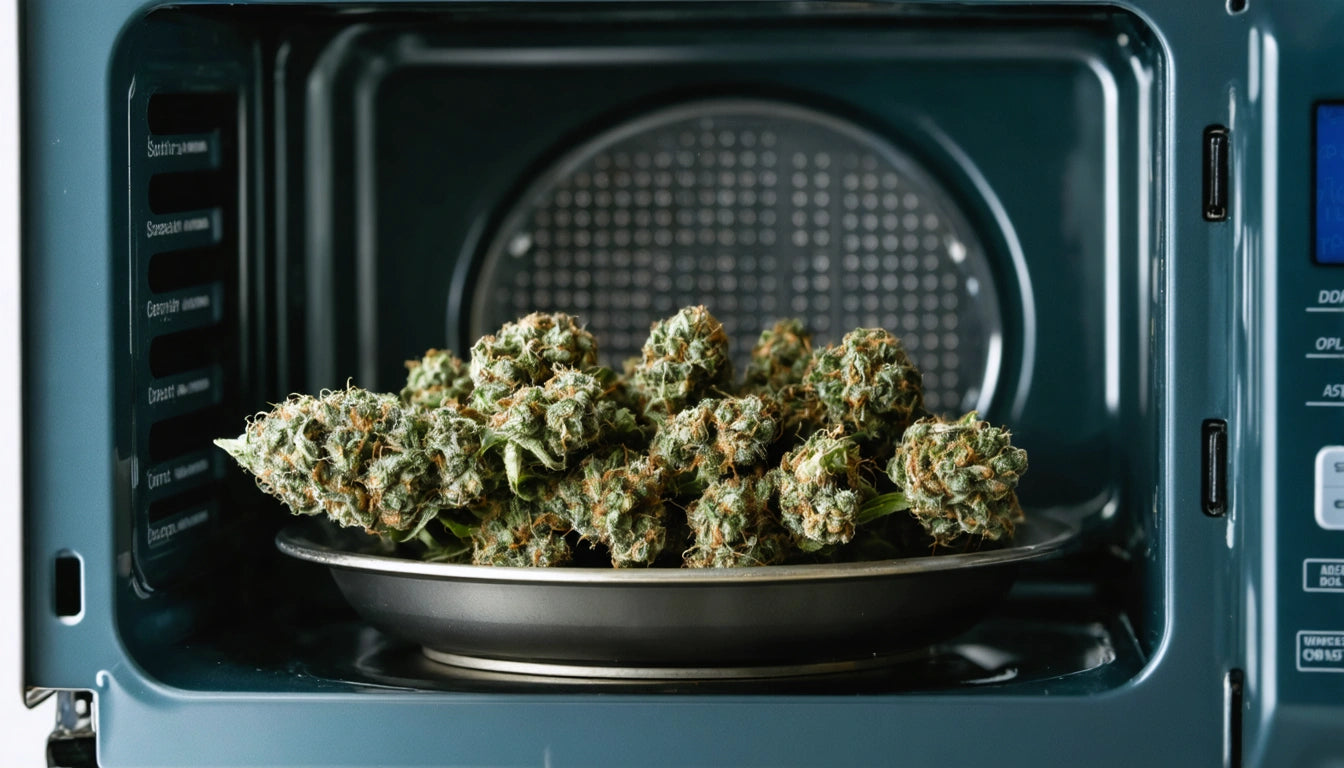Table of Contents
- The Marijuana-Memory Connection: Understanding the Basics
- Short-Term Effects of Cannabis on Memory
- Long-Term Memory Concerns with Regular Cannabis Use
- Age and Vulnerability Factors in Cannabis-Related Memory Effects
- Current Research Findings on Cannabis and Cognitive Function
- Strategies for Reducing Memory-Related Risks for Cannabis Users
Exploring the Impact of Marijuana on Memory: Causes, Effects, and Concerns
The relationship between marijuana use and memory function has become a significant area of research as cannabis legalization expands across the country. Many users and healthcare professionals alike wonder: does marijuana cause memory loss? This question becomes increasingly important as we consider both recreational and medicinal applications of cannabis.
The Marijuana-Memory Connection: Understanding the Basics
Cannabis contains numerous compounds, but THC (tetrahydrocannabinol) is primarily responsible for potential memory effects. THC binds to cannabinoid receptors concentrated in brain regions crucial for memory formation, including the hippocampus, prefrontal cortex, and amygdala.
When asking "does weed affect memory," it's important to understand that THC temporarily alters how information is processed and stored. These effects occur because THC disrupts the normal functioning of the endocannabinoid system, which plays a vital role in synaptic plasticity and memory consolidation.
How Cannabis Interacts with Memory Systems
Cannabis primarily affects three memory systems:
- Working memory: The ability to temporarily hold and manipulate information
- Short-term memory: Storing information for brief periods
- Episodic memory: Recalling specific events or experiences
According to research on marijuana's effects on memory and forgetfulness, THC can disrupt the formation of new memories while under the influence, which explains why users might forget conversations or events that occurred while intoxicated.
Short-Term Effects of Cannabis on Memory
The question "does weed affect short term memory" has a clear answer: yes, but temporarily. During cannabis intoxication, users commonly experience:
- Difficulty forming new memories
- Problems with recall and verbal memory
- Reduced ability to focus and pay attention
- Impaired working memory function
These effects typically last for the duration of intoxication and shortly after. For occasional users, memory function generally returns to baseline within 24-48 hours after use.
When we consider proper cannabis storage solutions that preserve potency, it's worth noting that higher-potency products may produce more pronounced memory effects. Proper packaging that maintains cannabinoid stability ensures more predictable dosing and potentially more manageable cognitive effects.
Long-Term Memory Concerns with Regular Cannabis Use
The question "does weed affect memory long-term" has generated considerable research. Evidence suggests that heavy, regular use, particularly when started during adolescence, may be associated with subtle but persistent memory changes.
A common concern is whether cannabis use might contribute to more serious conditions. Questions like "does weed cause dementia" or "can weed cause Alzheimer's" reflect these anxieties. Current research does not support a direct causal relationship between cannabis and these neurodegenerative diseases. In fact, some studies explore cannabinoids as potential therapeutic agents for certain aspects of these conditions.
According to comparative research on cannabis and alcohol effects on brain cells, alcohol appears to pose greater risks for neurotoxicity than cannabis. However, this doesn't mean cannabis use is without risks to cognitive function.
Age and Vulnerability Factors in Cannabis-Related Memory Effects
The developing brain appears particularly vulnerable to cannabis-related memory effects. Adolescents who use cannabis regularly show more pronounced and potentially longer-lasting memory impairments compared to adults who begin use later in life.
Key vulnerability factors include:
- Age of first use (younger = higher risk)
- Frequency and duration of use
- Cannabis potency (higher THC = greater effects)
- Genetic factors affecting cannabinoid metabolism
- Pre-existing cognitive or mental health conditions
These factors help explain why some individuals experience more significant memory effects than others when using similar amounts of cannabis.
Current Research Findings on Cannabis and Cognitive Function
When addressing "does marijuana affect memory" from a research perspective, findings suggest nuanced effects:
- Acute effects on short-term and working memory are well-established
- Regular, heavy use correlates with subtle verbal memory deficits
- Most cognitive effects appear reversible with abstinence
- CBD (cannabidiol) may moderate some THC-induced memory impairments
Research on how cannabis affects mood and perception indicates that memory effects may be partly connected to changes in attention and information processing rather than direct damage to memory systems.
Interestingly, some research explores whether cannabis might help with certain types of memory in specific contexts. The question "does weed help with memory" typically refers to studies examining whether cannabis might help reduce traumatic memories in PTSD or improve cognitive function in certain neurological conditions. These potential benefits remain under investigation.
Strategies for Reducing Memory-Related Risks for Cannabis Users
For those concerned about cannabis and memory, several evidence-based strategies may help reduce potential risks:
- Delayed onset: Avoiding use until adulthood when the brain is fully developed
- Moderation: Using less frequently and in lower doses
- CBD-balanced products: Choosing products with higher CBD:THC ratios
- Cognitive exercise: Engaging in memory-enhancing activities
- Breaks from use: Taking regular tolerance breaks to allow cognitive recovery
Understanding how marijuana affects both body and mind can help users make more informed decisions about consumption patterns.
While research continues to evolve on whether marijuana causes memory loss, current evidence suggests that for most adult users, moderate consumption poses limited risks to long-term cognitive health. The most significant concerns remain for heavy users who begin during adolescence and continue regular use over many years.
By approaching cannabis use thoughtfully and staying informed about emerging research, consumers can make choices that minimize potential memory-related risks while still achieving desired benefits from cannabis use.











Leave a comment
All comments are moderated before being published.
This site is protected by hCaptcha and the hCaptcha Privacy Policy and Terms of Service apply.